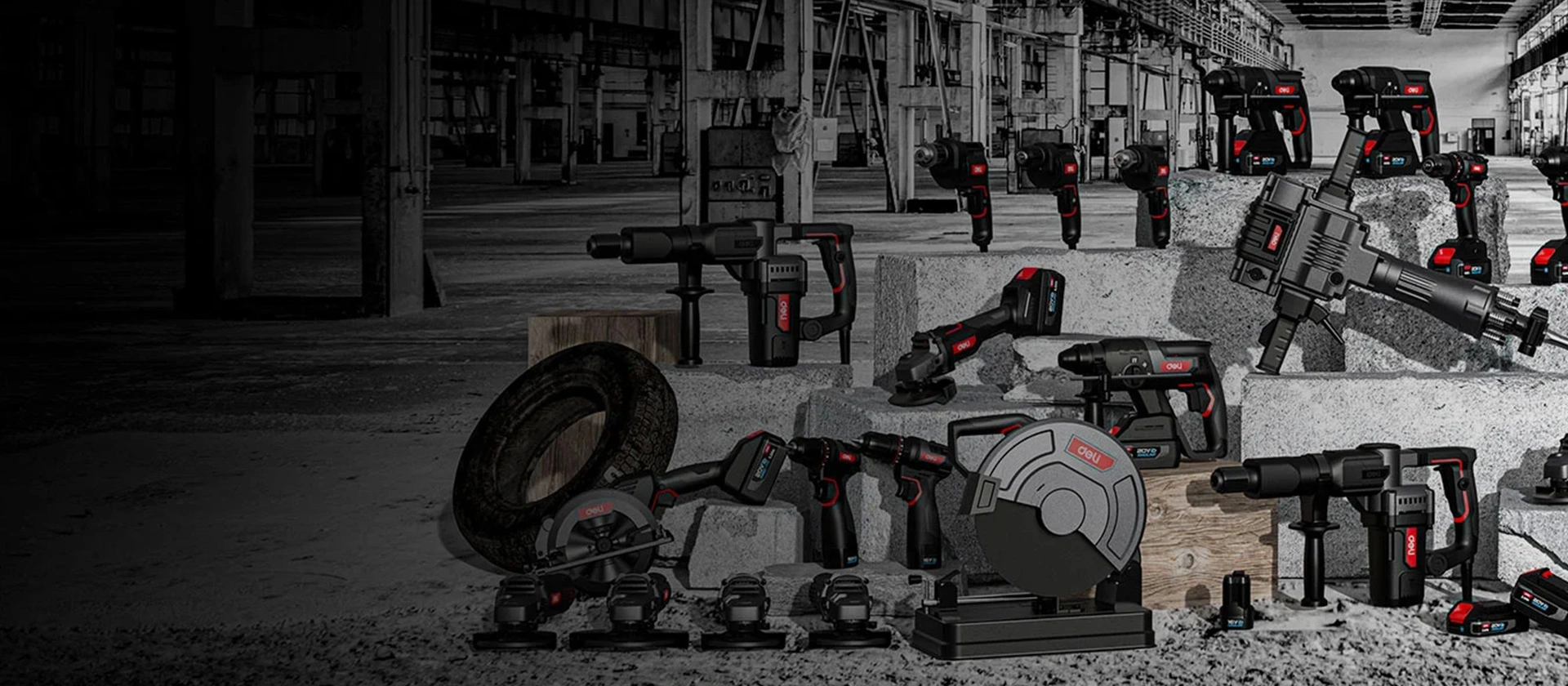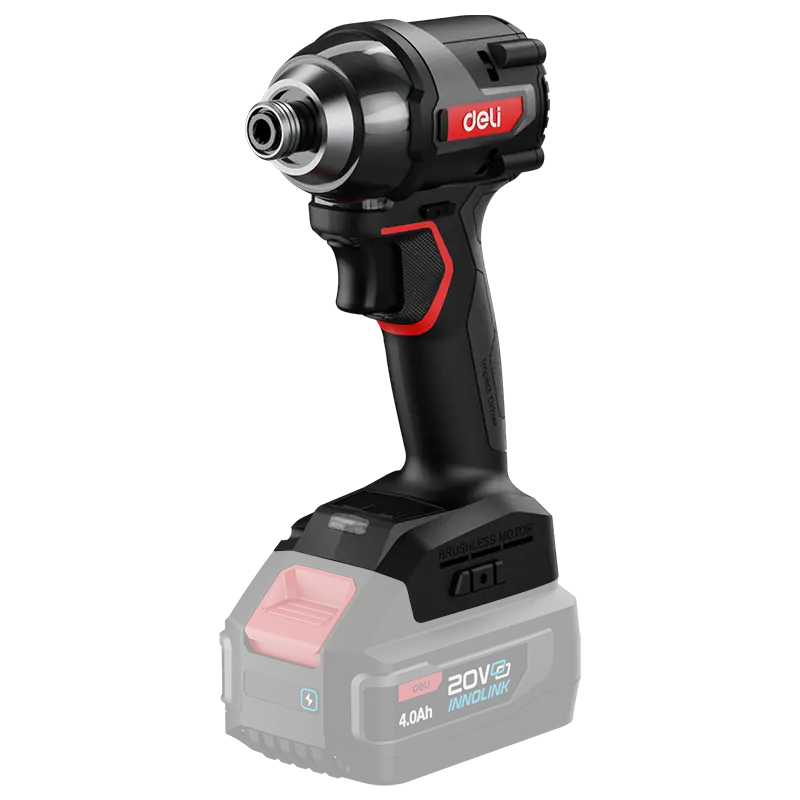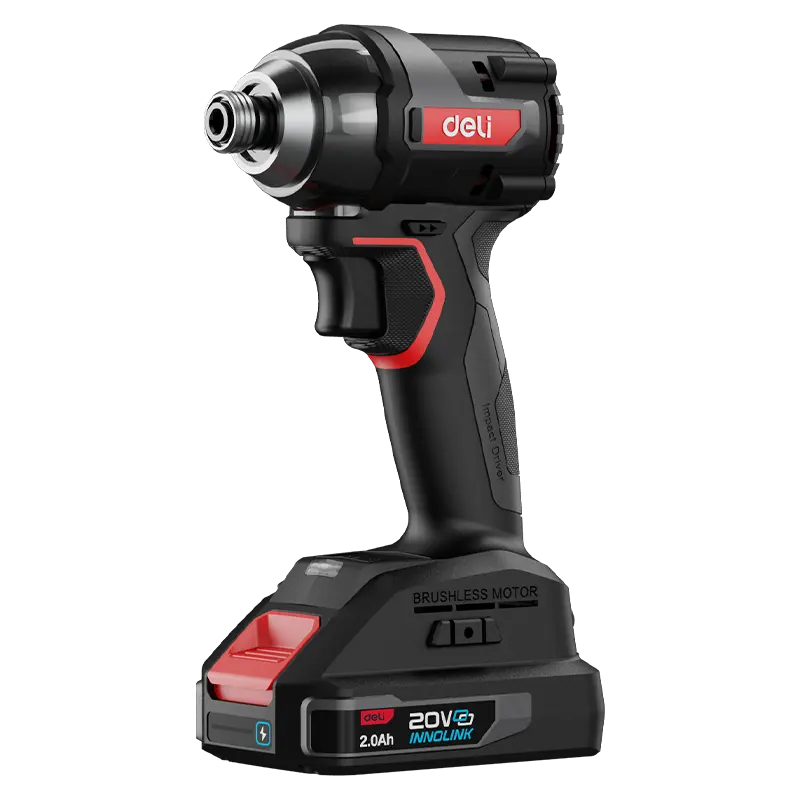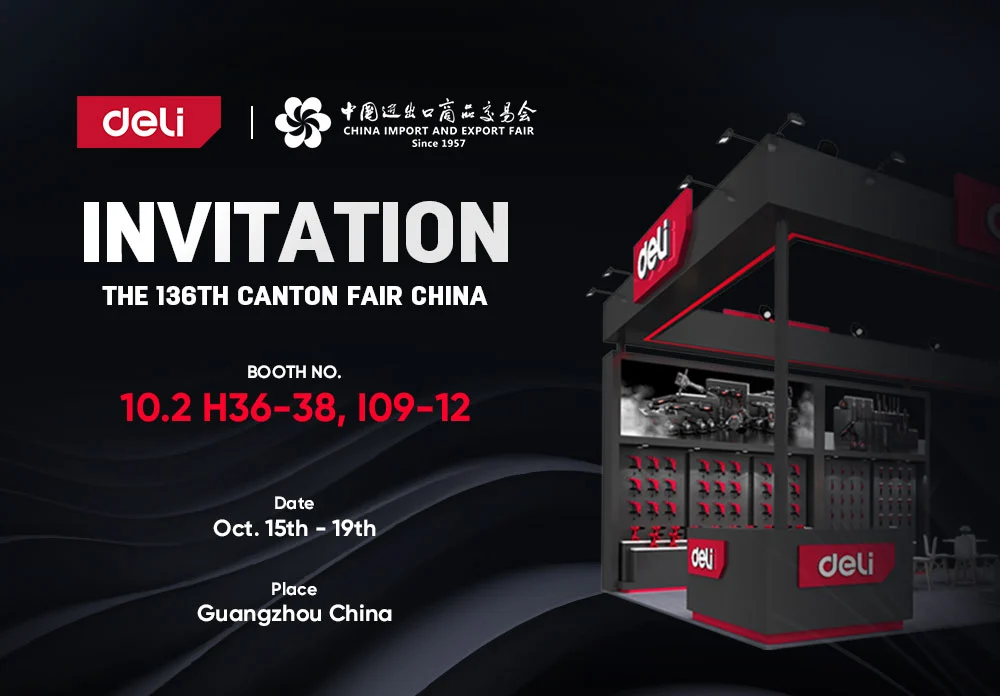
- Drill
- Wrench/Driver
- Rotary Hammer/Demolition Breaker
- Grinder/Sander
- Cutting Tools
- Other Power Tools
- Battery/Charger/Accessory
- Pliers
- Hand Cutting Tools
- Fastening Tools
- Measuring Implement
- Precision Surveying and Mapping Tools
- Power Testing Instrument
- Drill
- Wrench/Driver
- Rotary Hammer/Demolition Breaker
- Grinder/Sander
- Power Cutting Tools
- Other Power Tools
- Battery/Charger/Accessory
- Pliers
- Cutting Tools
- Fastening Tools
- Measuring Implement
- Precision Surveying and Mapping Tools
- Electrician Tools
- Hot Melt Tools
- Power Testing Instrument
- Electromechanical Equipment
- Accessory
- Home Decoration Tools
- PPE
- Outdoor Tools
- Automotive Tools
- Wrench
- Automotive Repair Tools
- Tool Sets
- Material Handling and Storage Supplies
- Angle Grinder
- Polisher
- Sander
- Laminate Trimmer
- Electric Router
- Electric Planer
- Jig Saw
- Circular Saw
- Mitre Saw
- Cut Off Saw
- Marble Cutter
- Utility Knife
- Pipe Cutter
- Bolt Cutter
- Cable Cutter
- Scissors
- Blades
- File
- Tin Snip
- Hacksaw
- Screwdriver
- Staple Gun
- Hand Riveter
- Hex Keys
- Striking Tool
- Mini Grinder
- Foam Cutter
- Welding Tool
- Heat Gun
What are you looking for?
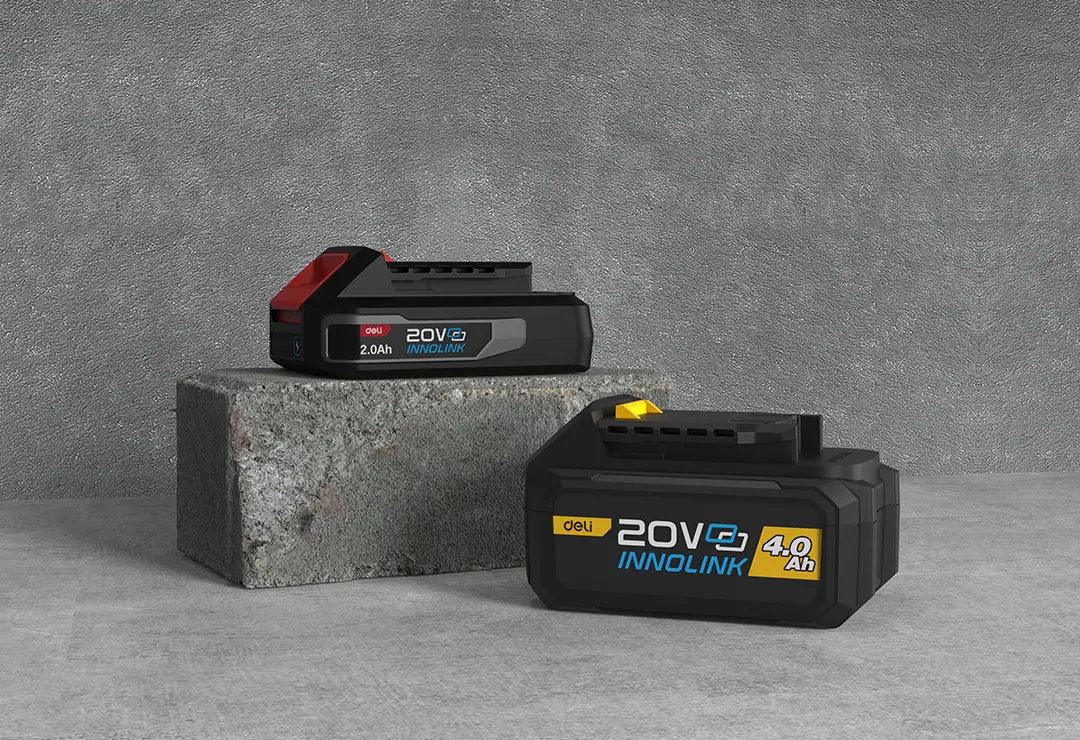
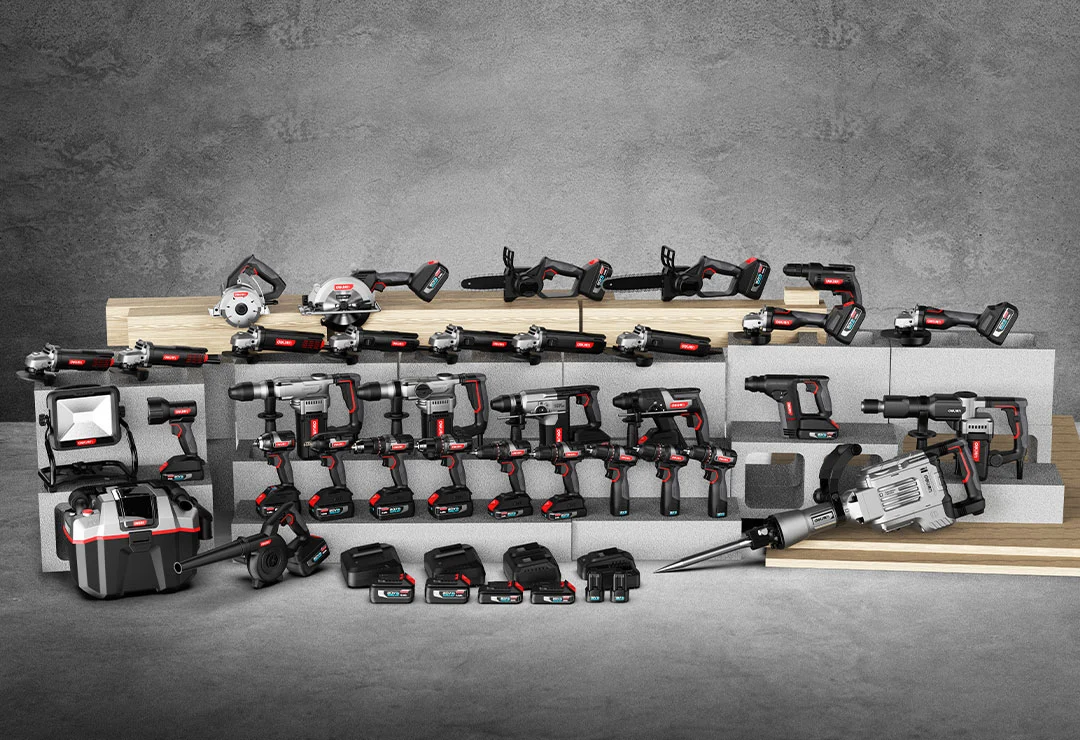
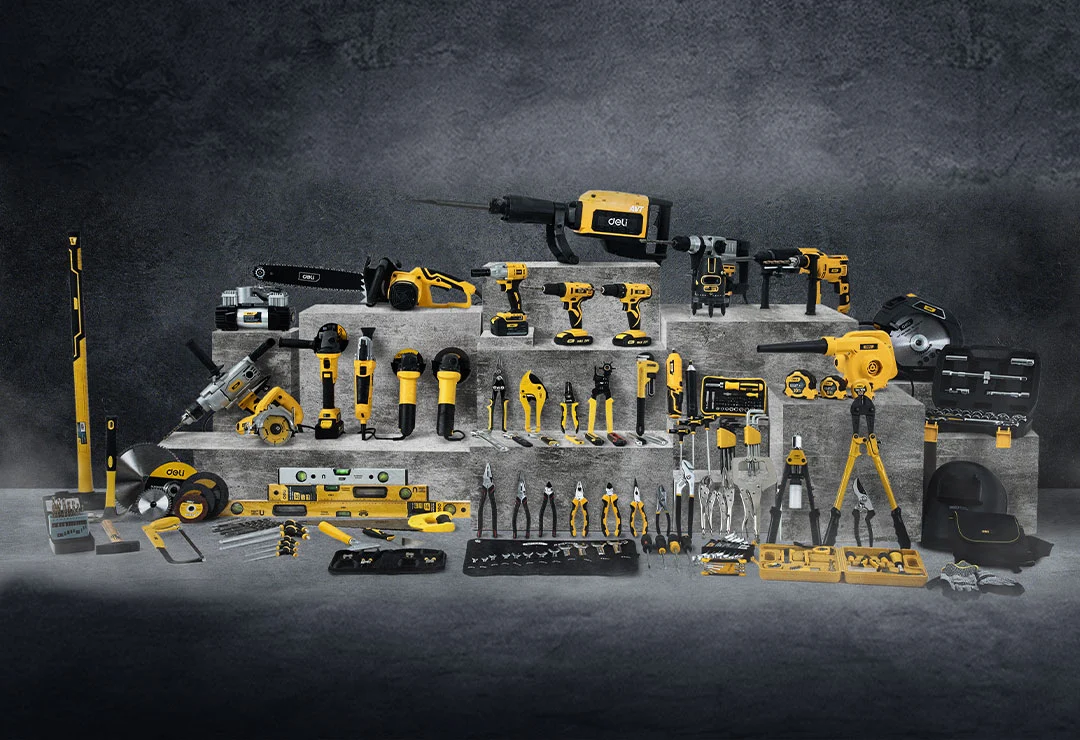
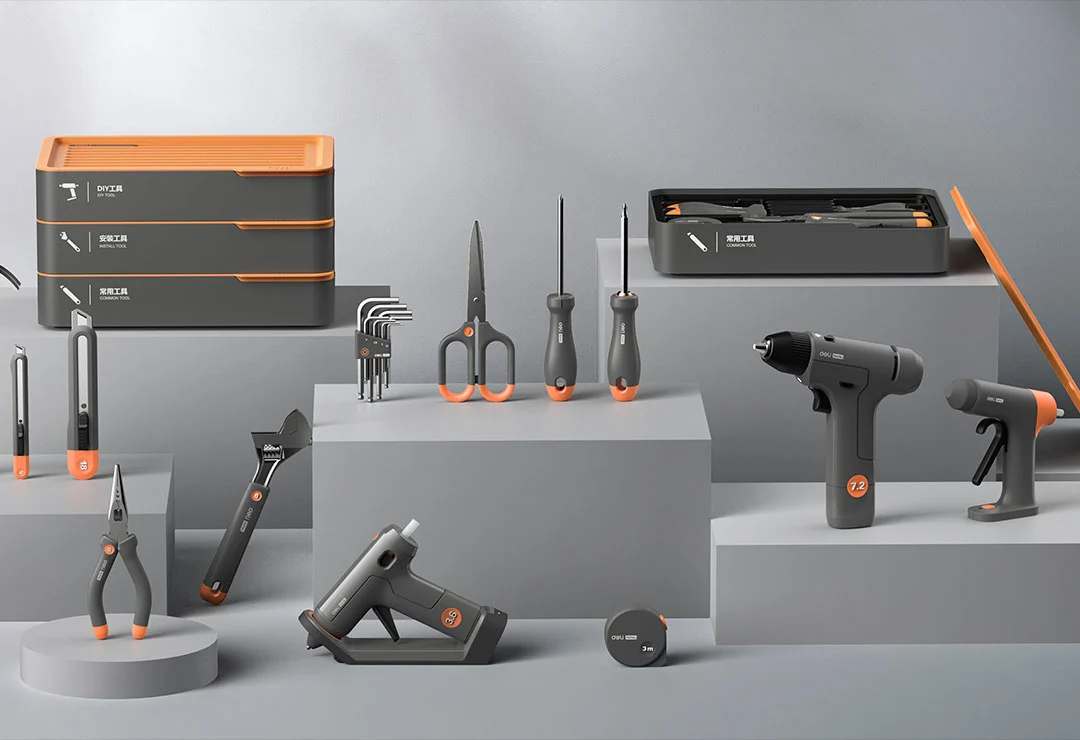
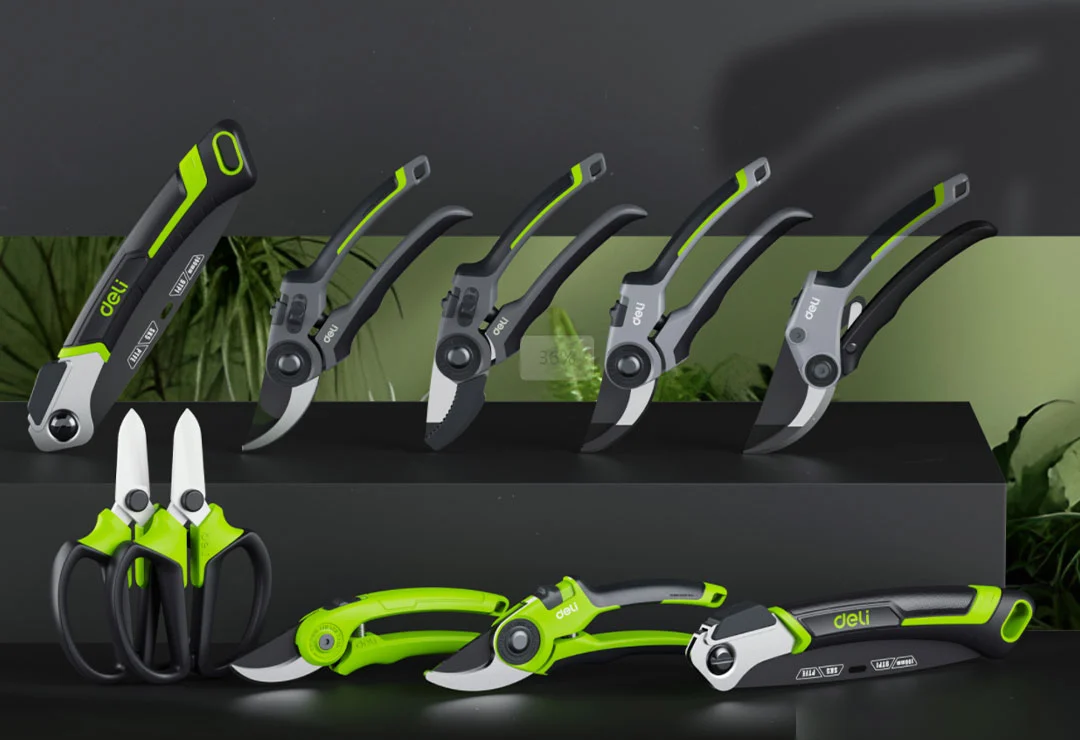
 EN
EN
 jp
jp  ko
ko  fr
fr  de
de  es
es  it
it  ru
ru  pt
pt  ar
ar  vi
vi  th
th  hi
hi  pl
pl  id
id  el
el 